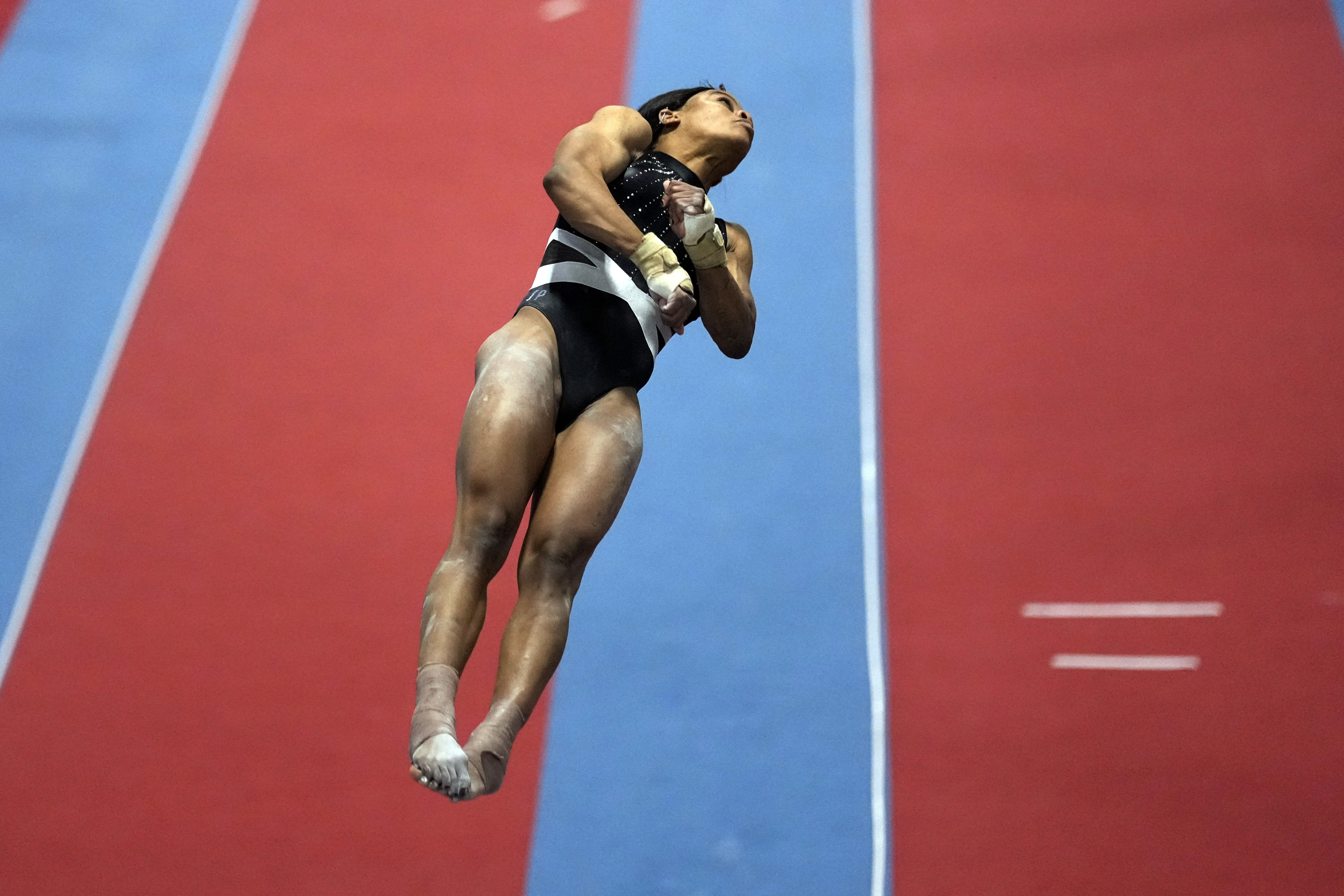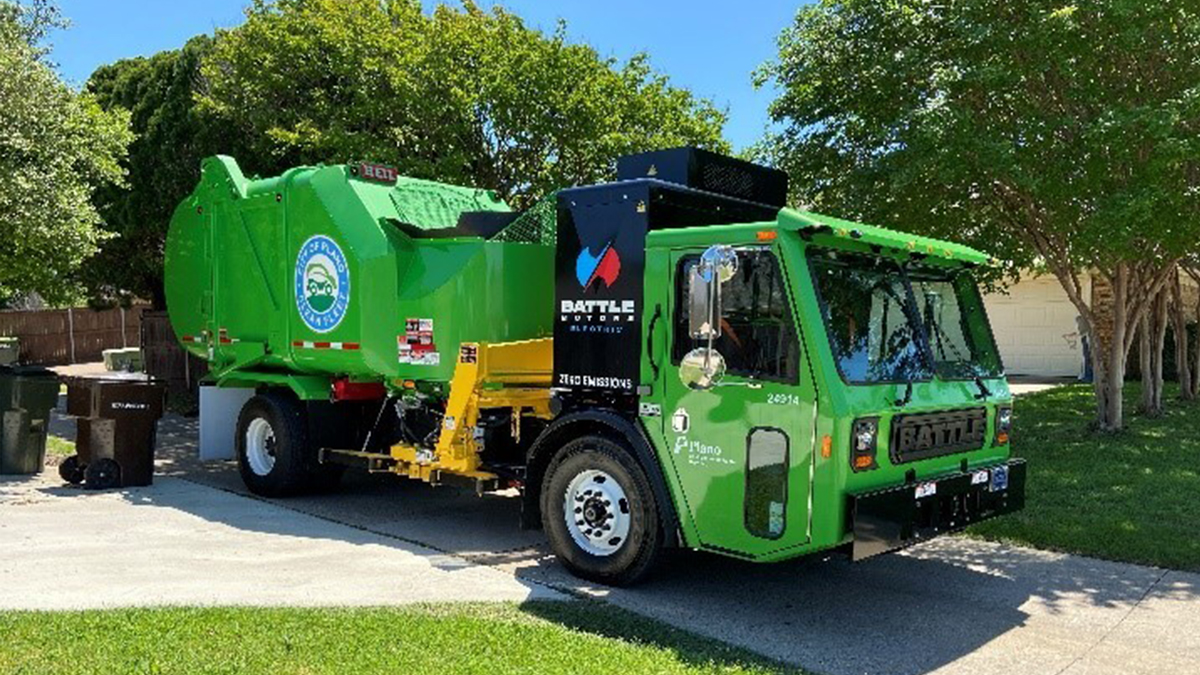Grand Prairie police officers patrol four different North Texas counties and the department is preparing to deploy hundreds of body cameras.
The first forty cameras are in use currently with the first full shift getting cameras Saturday. If the field test goes correctly, every uniformed officer in an enforcement position will get equipped with the cameras Monday.
"Right now, one of the things you get used to is when you get out of the car [turn the] radio on," Officer Tim Paulson said. "Now it's radio on and you just have to tap it real quick so just one more step."
The department has 215 cameras, 200 of which are for the uniformed enforcement officers including patrol, traffic and school resources officers.
“We think the more information we are able to share with the community is a positive not just for the police department, but for our citizens as well,” Assistant Chief Ronnie Morris said. “We enjoy that level of trust that we have with the community."
Fifteen cameras will go to code enforcement officers, which is not very common across the country. Morris said this is another level of transparency.
“A code enforcement officer is a civilian employee who enforces areas like high grass, dilapidated fencing, nuisance type issues and quality of life,” he explained.
Local
The latest news from around North Texas.
The department started researching and testing cameras from about 13 different companies for several years before landing on cameras from Taser.
“If we were going to spend the type of money, that amount of tax payer money, it needed to do more than just sit on your chest and record,” Morris said
The cameras cost $2 million for a five-year contract. The contract includes the devices, software and integration technology. Part of the cost was offset by a state grant.
Morris said there are already plans in place for the next phase of deployment.
"We are going to transition from our current in-car system to the Taser in-car system in the coming weeks,” he said, “The integration is going to allow several different triggers for the body-worn cameras such as the activation of the emergency lights. We can set speed limits that will activate the cameras."
Police officials also took citizen privacy concerns into account.
“We are giving the officers the ability to use their discretion in certain areas on whether or not they are going to activate the cameras,” Morris said. “They have very sensitive situations they get into sometimes when they are speaking to children or speaking to certain victims such as rape victims that maybe the victims wouldn’t feel comfortable speaking to the officer if they knew the camera was on.”
Morris said there are policies in place if an officer does decide to not activate the cameras.
“They can document it in their report or they can simply say [something] before they turn the camera off, they can give the reason they are turning the camera off and then turn it off,” he said. “When they turn it back on, they just notify or document verbally that they are turning it back on.”



